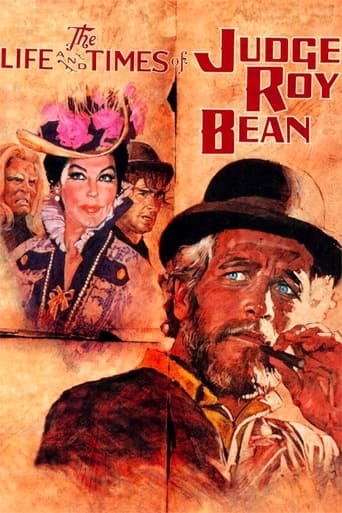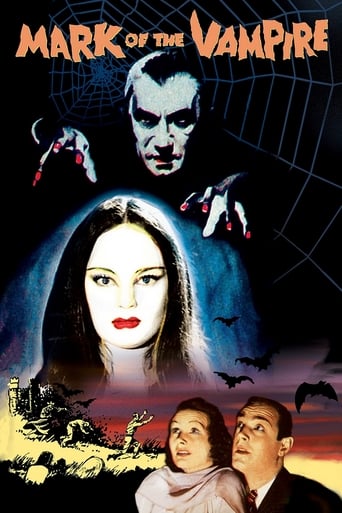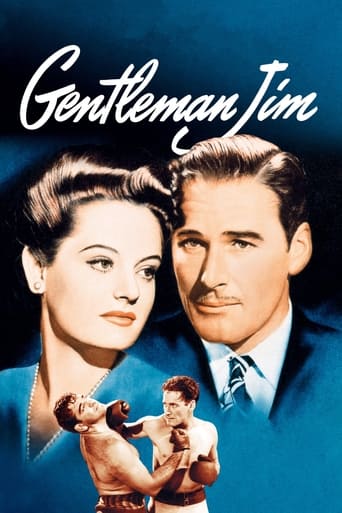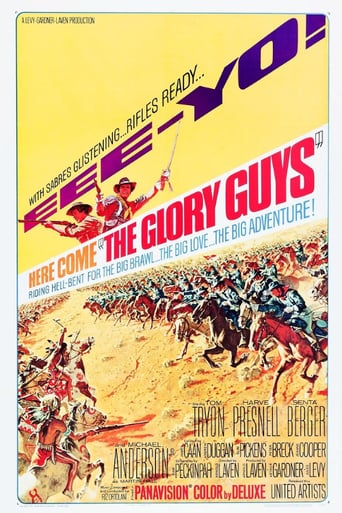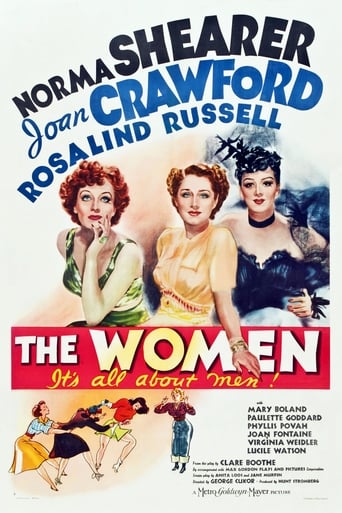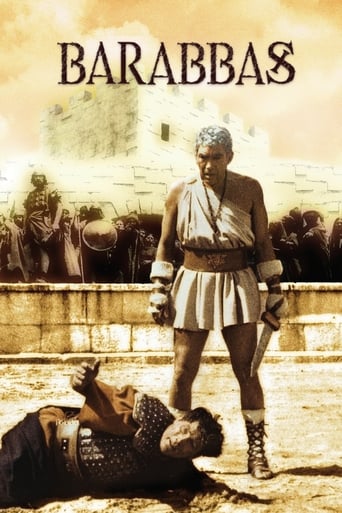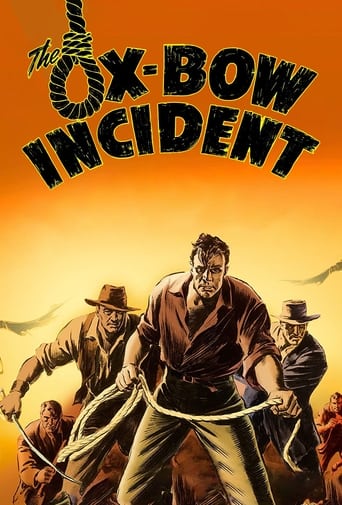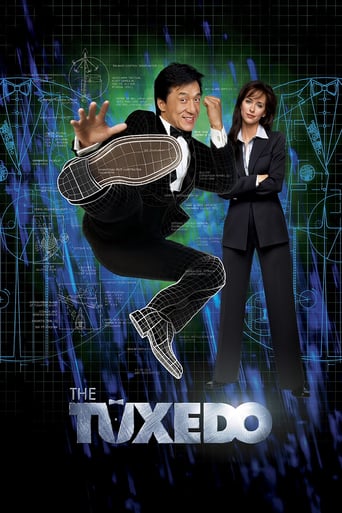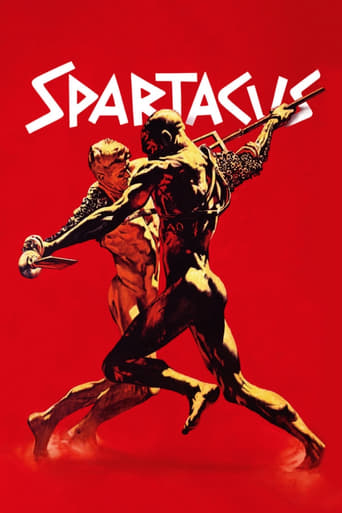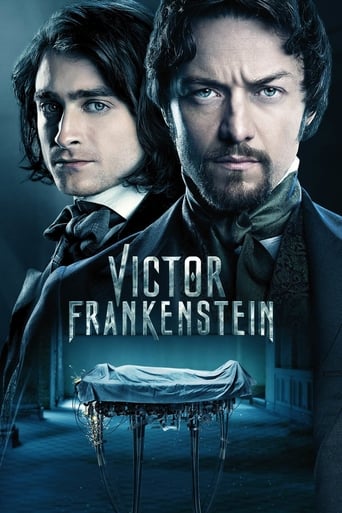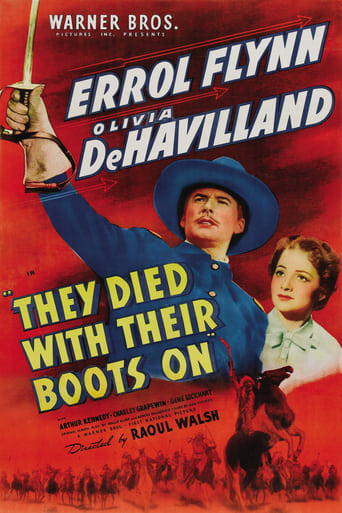


They Died with Their Boots On
The story follows General George Armstrong Custer's adventures from his West Point days to his death. He defies orders during the Civil War, trains the 7th Cavalry, appeases Chief Crazy Horse and later engages in bloody battle with the Sioux nation.
-
- Cast:
- Errol Flynn , Olivia de Havilland , Arthur Kennedy , Charley Grapewin , Gene Lockhart , Anthony Quinn , Stanley Ridges


Similar titles
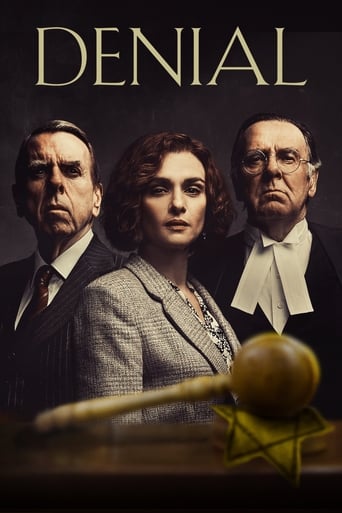

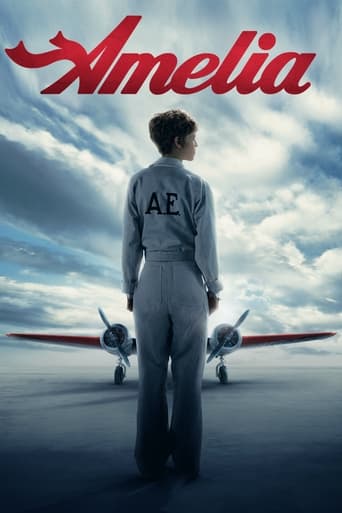
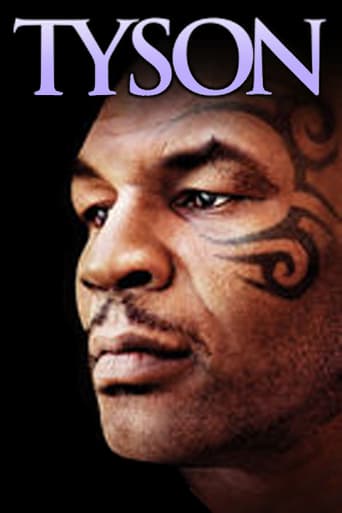
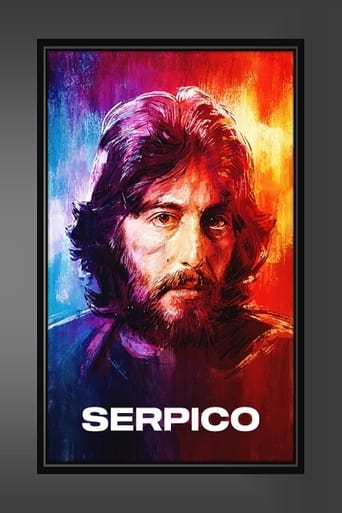
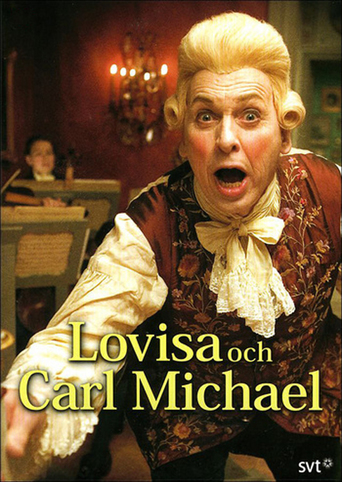
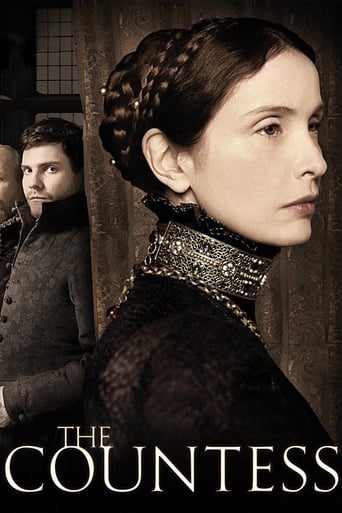
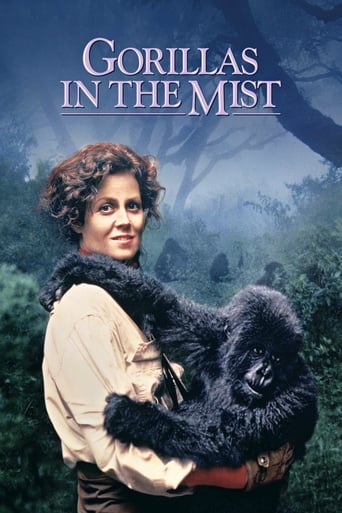

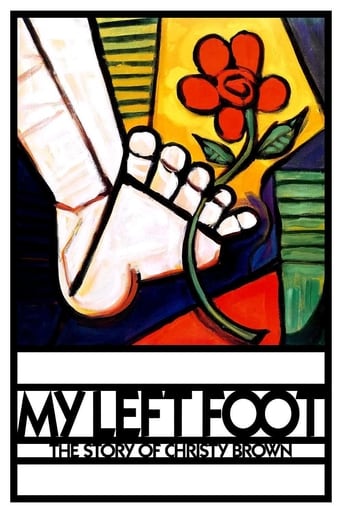
Reviews
I like movies that are aware of what they are selling... without [any] greater aspirations than to make people laugh and that's it.
This is a coming of age storyline that you've seen in one form or another for decades. It takes a truly unique voice to make yet another one worth watching.
The movie turns out to be a little better than the average. Starting from a romantic formula often seen in the cinema, it ends in the most predictable (and somewhat bland) way.
A terrific literary drama and character piece that shows how the process of creating art can be seen differently by those doing it and those looking at it from the outside.
They Died with Their Boots On is a biopic about the famed General Custer, but if you're wondering how one battle can fill out an entire movie, you're in for a treat. The vast majority of the movie is about his early life. Turns out, Custer was a little scoundrel in his West Point days, holding the record of lowest grades and most broken rules and punishments. In-between losing his temper, disobeying his superiors, and picking fights with everyone, he also falls in love with Olivia de Havilland-in case you hadn't guessed, Errol Flynn plays Custer. I have no idea how historically accurate this movie is, but there are little details that, if true, are very funny. Errol has a penchant for eating raw onions, and while Olivia hates the very smell of them, when he comes calling, she joins him in an appetizer, suffering for true love. Speaking of suffering, Olivia's maid is played by Hattie McDaniel, and it's pretty amusing to watch their scenes together. Two years earlier they were in Gone with the Wind together, and Hattie beat Olivia out of an Oscar she very much felt she should have won. In They Died with Their Boots On, Olivia looks at Hattie like she absolutely hates her! I wonder why she couldn't just cover her real feelings and act nice when the camera was rolling.Errol Flynn is wonderful, as always, owning the screen with his magnetic, strong, vibrant, masculine presence. He's a born hero, as proved by his many famous film roles, and it's no effort to convincingly play a larger-than-life figure like General Custer. If you like Errol, or Errol and Olivia together, rent this epic for your next movie night. It's a very well done classic, and while some of the interactions and battle scenes with the Native Americans-keep an eye out for a very young Anthony Quinn-will be a little upsetting, it's still a good quality film with high production values. Plus there's quite a large supporting cast, including Arthur Kennedy, Gene Lockhart, Sydney Greenstreet, and Regis Toomey.
. . . hones in on the 19-year feud that almost caused America to lose A PAIR of Civil Wars. George Armstrong Custer of Monroe, MI, was promoted from 2nd lieutenant directly to brigadier general (over the objections of future war profiteer and Custer's one-time West Point classmate, Ned Sharp) on the eve of Gettysburg, just in time to save the Union by winning that clash virtually single-handed. (His pivotal command, "Ride, you Wolverines!!" is immortalized in the movie RED DAWN.) Following the end of the War, the Sharp Family--in league with a notoriously corrupt President Grant--conspired to completely annihilate EVERY Native American, as documented here in THEY DIED WITH THEIR BOOTS ON. Political reformer Custer made a pact with his Blood Brother Chief Crazy Horse that what is now known as western North and South Dakota would become the U.S. state of Black Hills, with two U.S. Senate seats and two chairs in the House of Representatives delegated by a Natives-only-vote electorate. Since these innovative ideas made Custer a leading candidate himself for U.S. President in 1876, the War Profiteers behind Lincoln's Assassination a few years earlier provided Winchester Rifles to some Renegade Braves (far superior to the weapons of Custer's 7th Cavalry Regiment), with a contract for a "hit" on the popular peacemaker known as "Longhair." Again, the racist and mercenary Sharp Family coordinated the Skullduggery, BOOTS illustrates. Thanks to their Winchesters, the Sharp pawns cut through Custer and his men like a kid spooning custard, though Custer had the foresight to save two-thirds of his command by posting them on his flanks. (Some of these details are included in Mr. Walsh's "Director's Cut.") With Custer out of the picture, the nefarious plotters rounded up and murdered Custer's allies, including Crazy Horse, Sitting Bull, and other prominent patsy chiefs. Their Reign of Terror culminated with the Wounded Knee Massacre, all in bogus "revenge" for the assassinated Wolverine President-in-Waiting. Black Hills never became the Native State. Instead, this sacred region--called "the place of the Gods' Teepees"--got defaced by Mount Rushmore.BOOTS is historically accurate down to its smallest, pains-taking details. For instance, George and Libby's hometown of Monroe is as far South as you can go in the Wolverine State, so naturally all the women there are dressed as Southern Belles and employ GONE WITH THE WIND-type mammies. Perhaps more importantly, BOOTS relates how "Garry Owen"--Michigan's official State Drinking Song--became the immortal marching tune of Custer's Seventh Cavalry. Unfortunately, it was all downhill for the Mitten State after Gen. Custer was rubbed out. Henry Ford hired gun-toting thugs to make sure that the workers on "his" car assembly lines could not talk to each other. Later Michigan Fords pardoned "I-Am-Not-a-Crook" Nixon, designed the Edsel Automofarce, and made the Lions an NFL laughing stock. Their crony Thomas Edison harnessed electricity and invented movies, so he could film a Selfie of him torturing the beloved Coney Island elephant Topsy to her fiery demise in ELECTROCUTING AN ELEPHANT (U.S. Library of Congress footage, 1903). Aviator Charles Lindbergh hobnobbed with the leader of the Third Reich, and Shrine of the Little Flower radio personality Father Charles Edward Coughlin was nick-named "Hitler's Priest." Fortunately for Michigan, its one true hero--George Armstrong Custer--is portrayed with Electrifying Elan and Acute Accuracy in Raoul Walsh's masterful film homage, THEY DIED WITH THEIR BOOTS ON. Though the remake--DANCES WITH WOLVES--later won a "Best Picture" Oscar, BOOTS should have taken the cake, as well.
Recently I saw Errol Flynn's classic They Died with Their Boots On, a highly fictionalized (and romanticized) account of Custer's Last Stand. How inaccurate was it? I'm not entirely sure, but I don't think all of the soldiers died with their boots on.The story follows George Armstrong Custer (Flynn, but of course) from his arrival at West Point to his inevitable fall at Little Big Horn. Custer's portrayed as an excellent horseman and swordsman but also the very worst cadet to come out of West Point, a man who somehow fails upward in his Army career. He has his very own archenemy in the person of Ned Sharp (Arthur Kennedy), who tries to stymie Custer at every turn. The brass doesn't like him, but when war breaks out, off to Washington he goes.Funny thing about that war – aka The War Between the States, or the War against Yankee Aggression – there's an interesting scene at West Point where the announcement of war has been made to the cadets and officers. Then those present who oppose the Union are actually given the choice to withdraw. Now, I don't profess to be an expert in the war, but if those officers and soldiers are specifically saying they're willing to take up arms against the government, why wouldn't they be arrested on the spot? The Army sure was lenient back then.Custer blusters (ha!) his way into a meeting and friendship with General Winfield Scott (Sydney Greenstreet), who gets the young lieutenant his own regiment. Custer then distinguishes himself in battle by essentially charging into a fray rather than retreating. This somehow works, thus making everyone feel better about promoting him.Now, this being a big-budget movie, there is of course a love interest for Custer, in the person of Elizabeth Bacon, played by Olivia de Havilland. Elizabeth is in the movie essentially to help move the plot along (Custer stands her up when he has to rush off to Washington as ordered, but rest easy, they reconcile quickly). Her father (Gene Lockhart) serves as a snooty foil, at least until Custer makes general. But hey, Flynn and de Havilland have their trademark terrific chemistry, and this was their final film together, so that works.The battle scenes are well staged and exciting to watch, even as we know their outcome. Despite all of the goofs – factual and otherwise – that plague this film, it's still an enjoyable Flynn vehicle, and he's very good in it.
Errol Flynn (Custer) graduates from military school but only because the North is desperate for men to join the army to fight the Southern Confederates. His disciplinary record is the worst ever and were it not for the sudden outbreak of war, he surely wouldn't have made it. We follow Flynn's rise through the military ranks until he makes his final stand at Little Big Horn.The cast are all excellent with the exception of Charley Grapewin (California Joe) who plays one of those comedy drunken wagon drivers who are NEVER funny. He's meant to be an endearing character but he just irritates. There is also an English buffoon thrown in - another cast mis-calculation. But everyone else hits the mark, especially Flynn, Olivia De Havilland as his wife Libby, Arthur Kennedy as his adversary Ned Sharp and Anthony Quinn as Crazy Horse.There are many good scenes, eg, the confrontations between Flynn and Kennedy regarding the issue of selling alcohol to troops and rifles to the Indians, the final scene between Flynn and De Havilland as he prepares to go into battle for the last time, and the numerous horseback charges that Flynn leads. However, we could do without all the scenes with the stupid wagon driver. The film has comedy (NOT from the annoying wagon driver), action, drama and good actors that keep you watching despite it's length. Flynn is very likable as Custer and develops his character through to a man of conscience who gives Arthur Kennedy a satisfying pay-back time. What a shame that De Havilland sold Flynn's conditions at the end instead of exposing the corruption that had taken place to the general public. That would have caused the required shame. The Indians are the good guys in this film.

